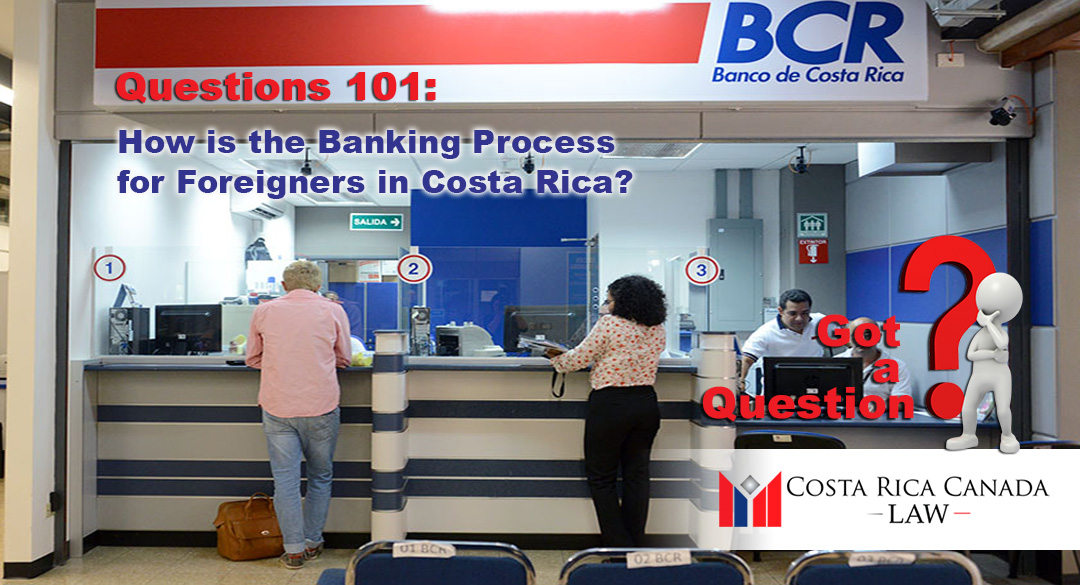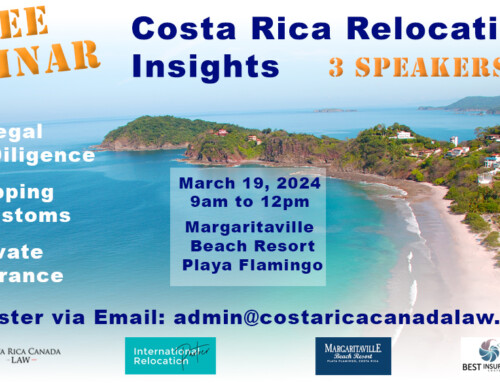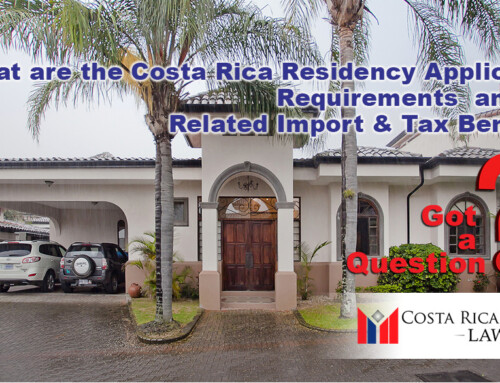How is the Banking Process for Foreigners in Costa Rica?
Banking policy varies from bank to bank in Costa Rica, just as it does in countries like Canada and the U.S. However, generally speaking, banks are more tightly regulated by the Government Banking Regulatory Authority, SUGEF, The General Superintendent of Financial Entities, than their counterparts in countries like Canada and the U.S. This rigidity in regulation arises from the fact that Costa Rica has a reputation for money laundering operations being conducted, especially related to the illegal drug trade. Banks “toe-the-line” when it comes to Regulatory compliance, as the fines and penalties for non-compliance are stiff, amounting to up to 3% of the bank’s gross asset worth. Luckily, the percentage penalty and fines calculation doesn’t include the amount of the funds that you may have on deposit.
Bank Account Opening
Banks do vary significantly with their bank account opening policies, especially for foreigners. Generally, at most banks, it will be difficult to open a personal bank account until the Applicant has obtained Temporary Residency Immigration status in Costa Rica. There is no law that states that this has to be the case. It all comes down to the “Know Your Customer Application Form” responses and the satisfaction by the particular bank, that the funds that you will be depositing are from a legitimate source. Supporting documentation will include, but not be limited to, a signed and authenticated Letter of Good Standing from your home bank, six months of current Bank Statements from your home bank, a copy of your most recently filed Income Tax Return in your Home Country, a copy of your current Passport, and local address information, supported by a recent utility bill from your home physical address.
If you require a bank account prior to obtaining Residency and you can’t open one in your personal name, you can incorporate a Costa Rica company and open the account in the company name.
Once opened, the bank account must be kept active and personal or corporate data must be updated with the bank once every two years. These are processes that should be respected, as the bank will “freeze” the account for failing to comply.
Escrow (Trust) Accounts
Escrow accounts are now managed almost exclusively by three or four large Escrow Companies that service all of Costa Rica. Escrow accounts are regulated by the same Regulatory Authority that regulates banks, with regulatory and administrative requirements being beyond the financial reach of most independent law firms to manage. Escrow accounts are most often used when purchasing a property or a business, where large sums of money are required to be transferred to Costa Rica to complete the transactions. In order to open an escrow account, much of the same documentation will be required from the Applicant as would be required to open a bank account. Regulation of these Escrow Companies is also rigid, with stiff penalties for non-compliance.
My Opinion
If you are waiting to have your Residency Application approved by the Immigration Department and you are unable to open a bank account in your personal name, I would suggest that making withdrawals from an ATM from your home bank account is the most efficient and cost effective manner in which to proceed in the interim. Incorporating a Costa Rica company to accomplish this purpose is expensive, with a never ending litany of annual company reporting requirements thereafter.






